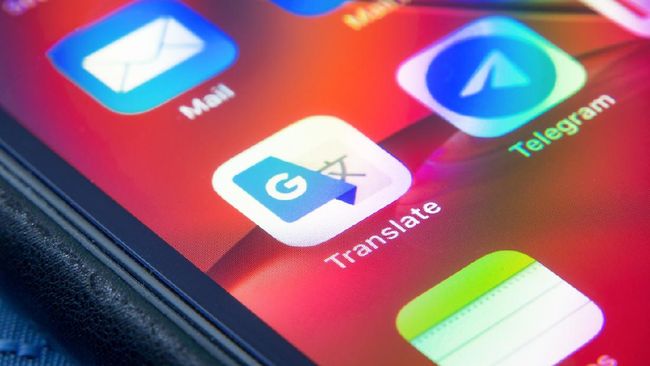

The Google system is far from perfect, and it can return queries that appear as gibberish. Yahoo’s oneSearch with Voice is more flexible but does not appear to be as accurate as Google’s offering. The Microsoft Tellme service returns information in specific categories like directions, maps and movies.

Systems that can do this have recently started making their way into commercial products.īoth Yahoo and Microsoft already offer voice services for cellphones. The ability to recognize just about any phrase from any person has long been the supreme goal of artificial intelligence researchers looking for ways to make man-machine interactions more natural. The search results, which may be displayed in just seconds on a fast wireless network, will at times include local information, taking advantage of iPhone features that let it determine its location. Users of the free application, which Apple is expected to make available as soon as Friday through its iTunes store, can place the phone to their ear and ask virtually any question, like “Where’s the nearest Starbucks?” or “How tall is Mount Everest?” The sound is converted to a digital file and sent to Google’s servers, which try to determine the words spoken and pass them along to the Google search engine. SAN FRANCISCO Pushing ahead in the decades-long effort to get computers to understand human speech, Google researchers have added sophisticated voice recognition technology to the company’s search software for the Apple iPhone.


 0 kommentar(er)
0 kommentar(er)
